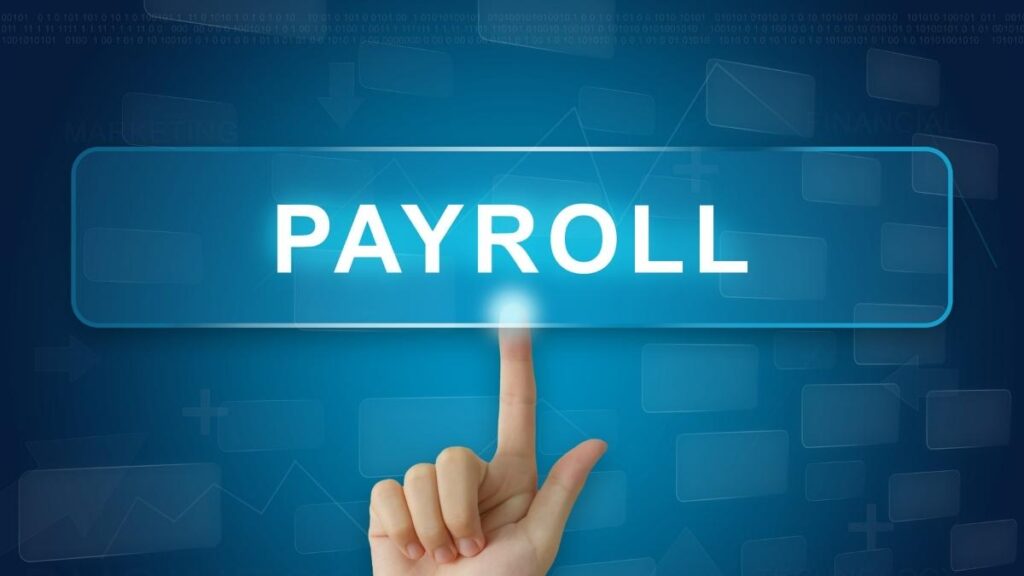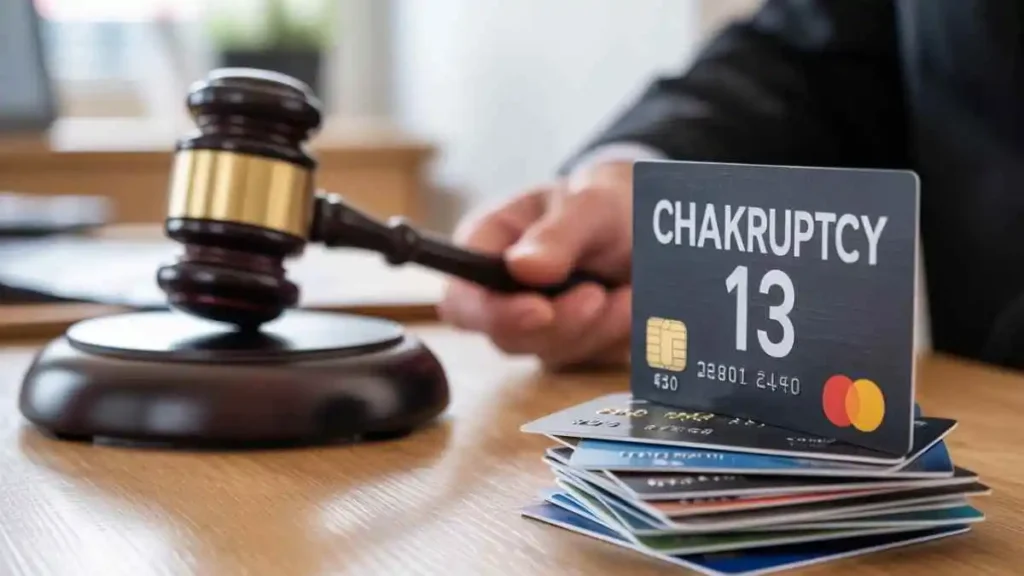
If you’re staring down the barrel of overwhelming debt and wondering, “Can I exclude a credit card from Chapter 13 bankruptcy?” you’re not alone. Many people considering Chapter 13 hope to keep one credit card for emergencies or everyday use while reorganizing their finances. Unfortunately, the short answer is no—you generally can’t leave out a specific credit card from your filing. Bankruptcy laws demand full transparency to ensure fairness for all creditors.
In this guide, we’ll break down the legal rules around debt disclosure, why credit cards must be included in your repayment plan, and what happens if you try to hide or exclude one. We’ll also explore rare exceptions, how Chapter 13 handles unsecured debt like credit cards, and the pros and cons of including everything. By the end, you’ll have a clearer picture of your options and why consulting a bankruptcy attorney is crucial. This isn’t legal advice, but it can help you make informed decisions as you navigate this process.
Can I Exclude a Credit Card from Chapter 13?
Chapter 13 bankruptcy, often called a “wage earner’s plan,” lets you keep your property while repaying debts over three to five years. But when it comes to questions like “can I exclude a credit card from Chapter 13,” the rules are strict to prevent favoritism or fraud.
Bankruptcy Law Requires Full Disclosure of All Debts
Under U.S. bankruptcy law, you must list every single debt, asset, and creditor in your filing paperwork. This includes all credit cards, even those with zero balances or ones you rarely use. The goal is transparency—the court, your trustee, and creditors need a complete picture of your financial situation to approve your repayment plan.
Excluding a debt violates chapter 13 debt disclosure rules and can be seen as an attempt to hide information. Even if you think a card isn’t a “real” debt because it’s paid off, credit card companies are still creditors with potential claims. Failing to disclose them could lead to serious issues, as we’ll discuss later. Think of it like filing taxes: you can’t pick and choose what to report.
Why Credit Card Debt Must Be Included in the Repayment Plan
Credit cards are typically unsecured debt, meaning they’re not backed by collateral like a house or car. In Chapter 13, unsecured debts like these are grouped together in your repayment plan. You’ll pay a portion of what you owe based on your disposable income, and the rest might be discharged at the end.
You can’t exclude debt from Chapter 13 just because you want to keep using a particular card. The plan treats all similar creditors equally—no special treatment for your favorite low-interest card. If you try to keep a credit card in Chapter 13 by not listing it, the issuer will likely discover the bankruptcy through credit reports or public records and close the account anyway.
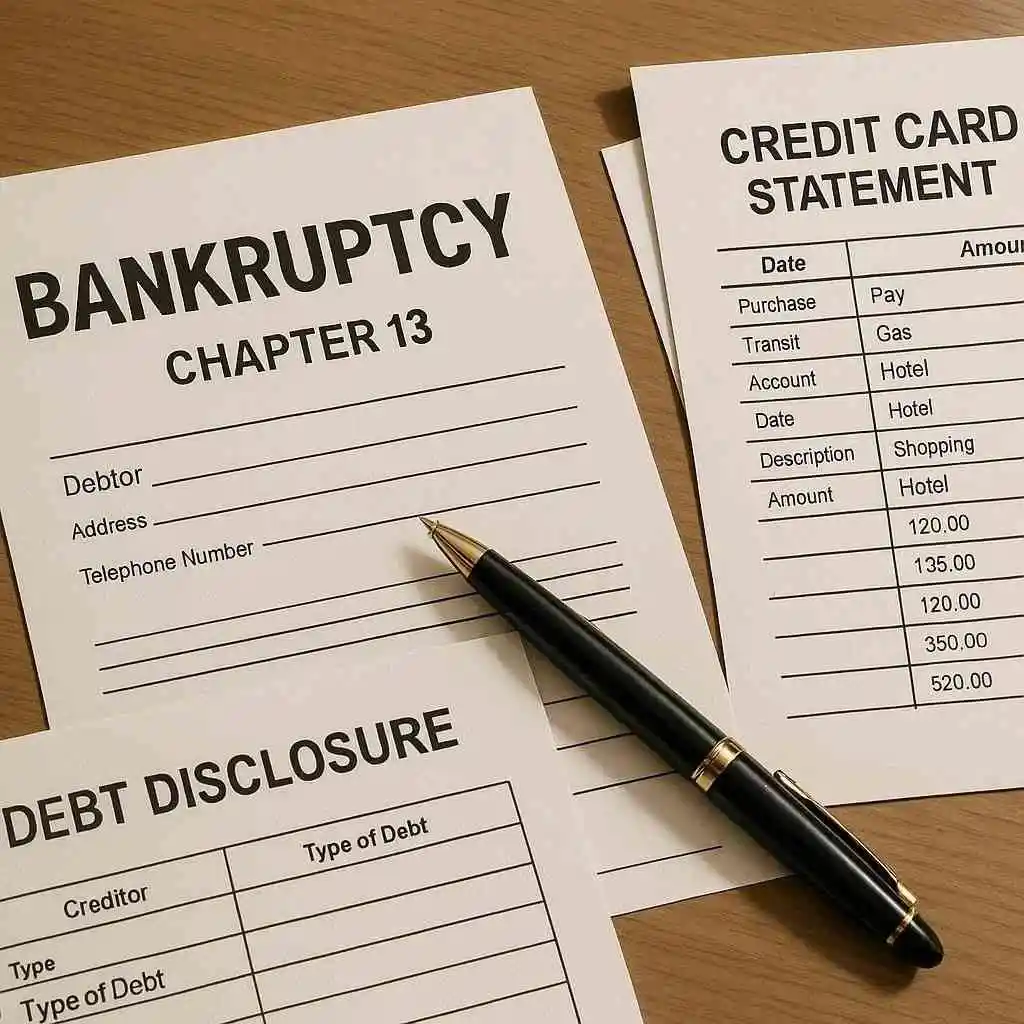
What Happens If You Try to Leave One Card Out?
Tempted to ask, “Can you keep one credit card in bankruptcy?” It’s a common thought, but attempting to do so can backfire badly. Here’s what could go wrong.
Risk of Dismissal or Fraud Allegations
If the court finds out you omitted a credit card—intentionally or not—your case could be dismissed, meaning you’d lose bankruptcy protection and still owe everything. Worse, it might be viewed as bankruptcy fraud, leading to fines, denial of discharge, or even criminal charges in extreme cases.
Creditors can challenge your filing if they suspect foul play, and the trustee overseeing your case will scrutinize your disclosures. Honesty is non-negotiable; trying credit card exclusion in Chapter 13 isn’t worth the risk.
Creditor Rights and Automatic Account Closure
Even if you slip a card past disclosure, credit card companies monitor filings. Once they learn of your bankruptcy, they’ll almost always close the account to protect themselves. This is their right—bankruptcy clauses in card agreements allow it.
Plus, using a hidden card during bankruptcy could violate rules against incurring new debt without court approval. Creditors have rights too, and excluding them undermines the fair process Chapter 13 is built on.
Are There Any Exceptions?
While the general rule is no exclusions, there are a couple of rare scenarios worth mentioning. However, these aren’t reliable ways to keep a credit card active during Chapter 13.
Rare Cases of Reaffirmation
Reaffirmation agreements let you agree to keep paying a specific debt in exchange for retaining the account or property. This is more common in Chapter 7 for secured debts like car loans, but in Chapter 13, it’s possible for unsecured debts like credit cards—though extremely rare.
The court must approve it, and it’s only feasible if the debt is small and you can prove it won’t strain your plan. Most credit card issuers won’t go for it, preferring to close accounts. Don’t count on this as a strategy.
Voluntary Post-Discharge Repayment (Optional, Not Official)
After your Chapter 13 discharge, you can voluntarily repay a discharged debt if you choose—like continuing payments on a favorite card to rebuild credit. But this isn’t an exclusion; the debt still goes through the bankruptcy process first.
It’s optional and doesn’t keep the card open during your case. Plus, the issuer might not accept payments or reopen the account.
How Chapter 13 Treats Credit Cards Overall
Chapter 13 and unsecured debt go hand in hand, with credit cards falling squarely into this category. Here’s a quick bullet-point breakdown:
- Unsecured Debt Priority: Credit cards are low-priority unsecured debts, paid after secured ones like mortgages. You might only repay a fraction based on your income.
- Repayment Plans: Over 3-5 years, you’ll make monthly payments to a trustee who distributes funds to creditors, including card companies.
- Interest Freezing: Filing stops interest from accruing on most unsecured debts, helping reduce what you ultimately pay.
- Court Approval: Everything needs the judge’s okay, ensuring the plan is fair and feasible.
This structure protects you from collections while addressing debts systematically.
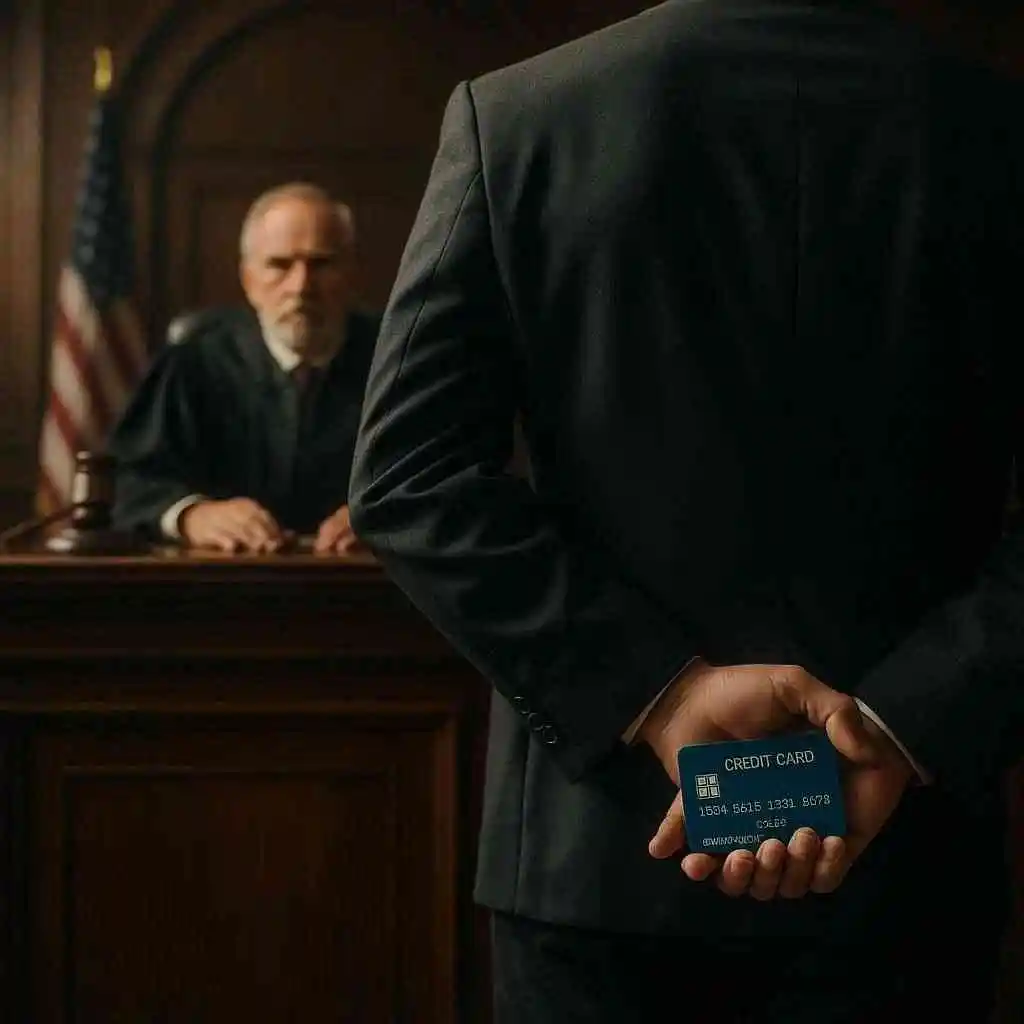
Pros and Cons of Including All Credit Cards in Chapter 13
Including every credit card might feel daunting, but it has upsides. Here’s a balanced look:
Pros:
- Debt Relief: Most or all unsecured credit card debt can be discharged after completing your plan, giving you a fresh start.
- Stops Harassment: The automatic stay halts calls, lawsuits, and wage garnishments from card issuers immediately.
- Fair Treatment: Avoids legal risks by complying with disclosure rules, keeping your case on track.
- Credit Rebuilding Path: Post-bankruptcy, you can work on new credit habits, and some lenders offer secured cards sooner.
Cons:
- Account Closures: All listed cards will likely be canceled, limiting access to credit during your plan.
- No New Debt: You can’t open new cards without court permission, which is hard to get.
- Longer Process: Chapter 13 takes years, unlike quicker Chapter 7 discharges.
- Impact on Credit: Bankruptcy stays on your report for up to 10 years, though Chapter 13 is often viewed better than Chapter 7.
Weighing these can help decide if Chapter 13 fits your situation.
FAQ Section
Can I keep a credit card if it has a zero balance?
Possibly, but it’s tricky. A zero-balance card isn’t technically a debt, so some argue it doesn’t need listing. However, most issuers close accounts upon learning of bankruptcy, and not disclosing it risks issues if discovered. Consult an attorney.
What happens to my credit cards once I file Chapter 13?
They’re included in your plan, and issuers typically cancel them to avoid further risk. You won’t be able to use them during the case.
Can I get a new credit card during Chapter 13?
Not without court approval, which is rare and requires proving necessity, like for work. Focus on debit cards or cash instead.
Is it legal to pay a card outside the plan?
No—that’s preferring one creditor over others and could be fraud. All payments go through the trustee.
Read also- How to Check Lounge Access on Credit Card
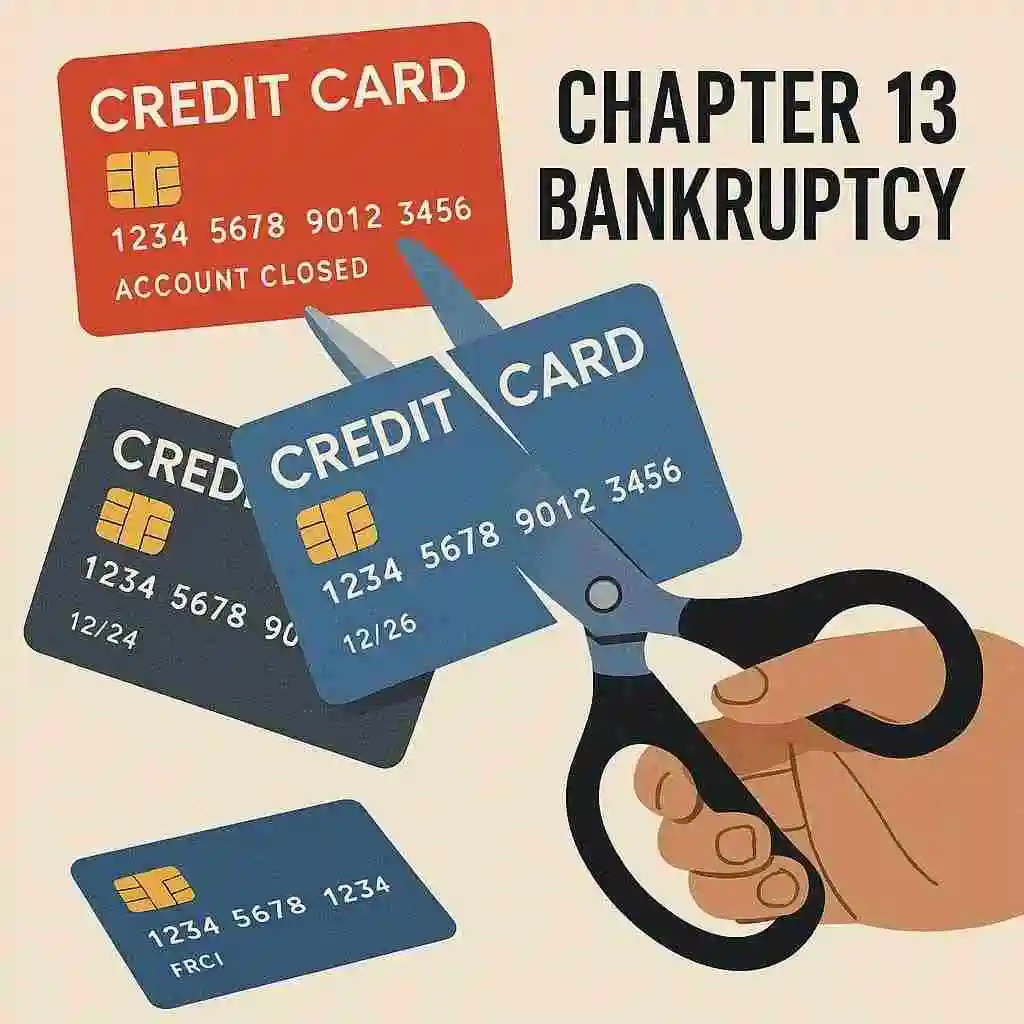
Conclusion
In summary, if you’re asking “can I exclude a credit card from Chapter 13,” the answer is generally no. Bankruptcy rules for credit cards require full disclosure of all debts to ensure an equitable process for everyone involved. Trying to keep a credit card in Chapter 13 by excluding it can lead to dismissal, fraud charges, or undischarged debts—not the fresh start you’re seeking.
Chapter 13 offers powerful protection and a path to debt relief, but it demands honesty. If you’re considering filing and unsure about your options, reach out to a qualified bankruptcy attorney. They can review your specific situation, help with paperwork, and guide you toward the best outcome. Remember, knowledge is your best tool in turning the page on financial stress.

Emma Rose is a U.S.-based personal finance writer and a regular contributor at Cardix.us. She focuses on topics like credit cards, credit scores, and everyday money management. Emma’s writing makes complex financial concepts simple and practical, helping readers make smarter credit and spending decisions with confidence.


